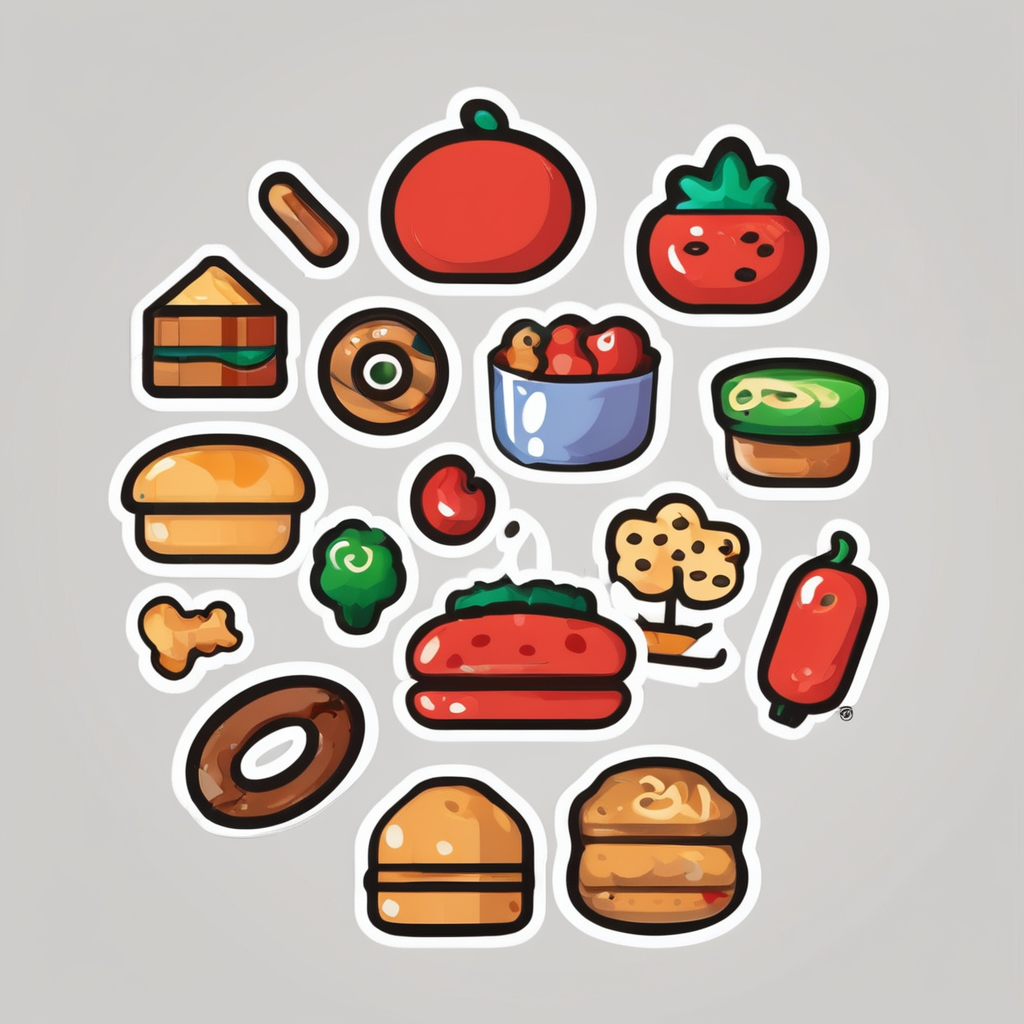Understanding the Connection Between Self-Awareness and Cooking
The relationship between self-awareness and cooking extends beyond simple meal preparation. Self-awareness, fundamentally, involves recognising one’s thoughts, emotions, and behaviours, which can significantly enhance culinary skills. For instance, by understanding personal eating habits and triggers through cooking psychology, one can deliberately make healthier dietary choices.
Mindful eating – an essential component of self-awareness – encourages individuals to focus on the sensory experience of eating, which can lead to improved cooking practices. When individuals are mindful, they pay attention to the taste, texture, and aroma of ingredients. This sensory-focused approach not only makes cooking more enjoyable but also results in better-tasting food.
This might interest you : Revitalize Your Kitchen: Discover the Power of a Multi-Layered Fruit Basket to Enhance Your Health and Increase Daily Fruit Intake
Moreover, psychological factors like stress or emotional well-being can heavily influence dietary choices. Being aware of these influences aids in making more informed and healthier food selections.
Ultimately, utilising this connection actively promotes mindful cooking, transforming a routine task into a rewarding and reflective practice, offering numerous benefits to both the cook and their shared dining experience. Through self-awareness, cooking can become a powerful tool for personal development and well-being.
Also read : Transform Your Kitchen with Effective Wall Insulation: Enhance Comfort and Cut Cooking Time
The Metaphor of the Full-Length Mirror in Culinary Growth
Self-reflection serves as a profound tool for culinary improvement, much like a full-length mirror showing one’s true self. By viewing cooking as an extension of oneself, individuals can gain personal insight and promote growth. The act of self-reflection can unveil personal strengths and weaknesses in the kitchen, helping to refine and enhance skills over time.
Cooking becomes a vivid canvas where one can explore their culinary identity. Each dish offers a reflection of the creator’s current state – whether calm and methodical or spontaneous and inventive. These habits observed during cooking mirror one’s approach to life’s challenges and decisions.
Incorporating the full-length mirror metaphor into daily cooking rituals encourages ongoing personal growth. It’s not simply about crafting a meal, but rather examining each step as an opportunity for self-discovery. By observing their reactions, preferences, and adjustments, cooks foster a deeper connection with the culinary process and themselves. This approach not only enhances skill but also aligns cooking with broader goals of personal development, leading to a more enriched and fulfilling cooking journey.
Practical Strategies for Mindful Cooking
Embracing practical strategies can profoundly influence your culinary adventures. By focusing on mindful cooking, the experience is elevated from routine to rejuvenating.
Creating a Mindful Cooking Environment
Firstly, consider the environment you cook in. A clean and uncluttered kitchen, with a touch of nature or calming music, sets the stage for mindfulness. Lighting and aroma also play critical roles; soft lighting and the scent of fresh herbs or spices can significantly enhance your focus.
Engaging in the Cooking Process
During the cooking process, paying attention to sensory details such as the sizzle of onions or the aroma of fresh basil can transform your practice. Engage fully with textures and flavours, noting each ingredient’s uniqueness. This not only improves the quality of the meal but enriches the experience.
Reflecting on Dietary Choices
Finally, reflecting on dietary choices is essential. After meals, ponder why you chose certain ingredients and how they make you feel. This reflection can help refine habits and encourage healthier choices. Such cooking tips boost awareness, leading to more satisfying and nourishing meals.
Personal Anecdotes and Experiences
Personal stories often illuminate the transformative power of self-awareness in one’s cooking journey. Sharing personal anecdotes of culinary growth highlights the introspective path many take. These narratives reveal how moments in the kitchen fostered deeper connections to oneself, leading to more mindful and enriching cooking practices.
Consider the tale of an amateur cook discovering self-awareness through a chaotic kitchen mishap. Initially overwhelmed, they realised the importance of self-reflection. Examining their response to the stress revealed a pattern: impatience hindered their progress. This insight prompted them to adopt a more measured approach, progressively developing increased patience and focus.
Such challenges teach invaluable lessons. Through self-reflection, one might identify emotional triggers that influence dietary habits. This realisation paves the way for thoughtful adjustments, ultimately fostering healthier eating habits. Witnessing personal growth encourages others to embark on a similar self-discovery path.
The impact of these experiences cannot be overstated; they illustrate the synergy between self-awareness, personal growth, and culinary improvement. By embracing these lessons, individuals can reinvigorate their cooking journey, leading to long-lasting changes both in and out of the kitchen.
Cultivating Healthy Eating Habits Through Self-Reflection
Self-reflection plays a crucial role in developing and maintaining healthy eating habits. By engaging in self-reflection, individuals can identify patterns and triggers that affect their dietary choices, making it possible to implement more thoughtful adjustments. For example, recognising emotional triggers, such as stress leading to impulsive eating, can encourage more mindful responses.
Incorporating self-reflection techniques involves setting clear intentions for one’s dietary journey. Start by assessing dietary goals and challenges, creating a roadmap for success. Tools such as food diaries can aid in tracking progress and understanding the influence of emotions on eating habits. These practices enable continuous self-assessment and the ability to make informed changes.
Moreover, setting intentions encourages individuals to remain accountable and focused on their nutritional well-being. Engaging in regular self-reflection fosters adaptability, helping to adjust dietary strategies as needs evolve. This ongoing process of assessment and reflection leads to more sustained dietary success, ultimately promoting a healthier lifestyle. By embracing self-reflection, individuals can create a nurturing environment for personal growth and culinary improvement, ensuring long-term health benefits.
Building a Supportive Culinary Community
A culinary community plays a pivotal role in enhancing both self-awareness and cooking experiences. Engaging with others who share similar culinary interests offers a platform for sharing supportive insights and exploring various cooking psychology perspectives. This collaboration is crucial for those seeking to improve dietary choices through shared experiences.
Being part of a supportive community provides valuable feedback and encouragement. Exchanging ideas with others enables individuals to discover unique strategies and tips, enhancing their cooking journey. These interactions often foster a deeper understanding of one’s mindful eating practices and support personal growth.
For those aiming to engage with a culinary community, consider both online and offline platforms. Joining forums, attending cooking classes, or participating in local food events can broaden culinary horizons and offer solid support networks. These group activities often encourage participants to explore new cuisines and cooking techniques.
By actively participating in a culinary community, individuals can further their transformative experiences. Shared recipes, triumphs, and even mishaps can all contribute to a richer tapestry of learning. This ongoing support amplifies personal development, encouraging healthier habits and enhancing the culinary experience.


